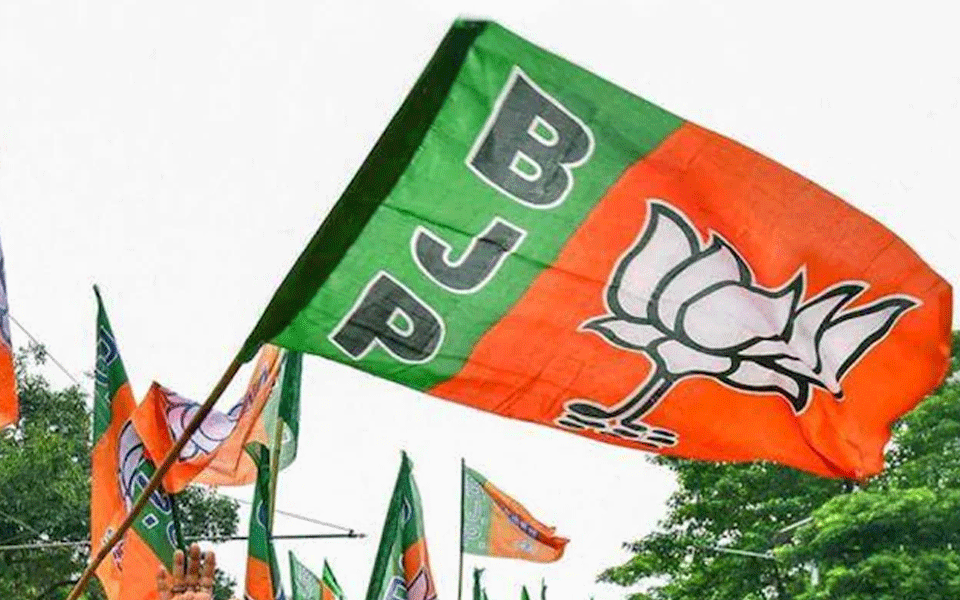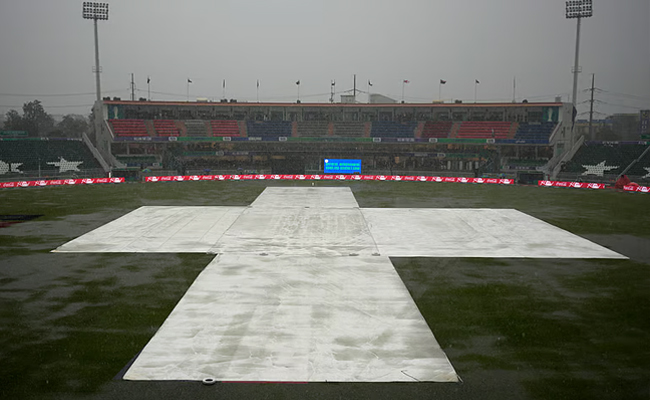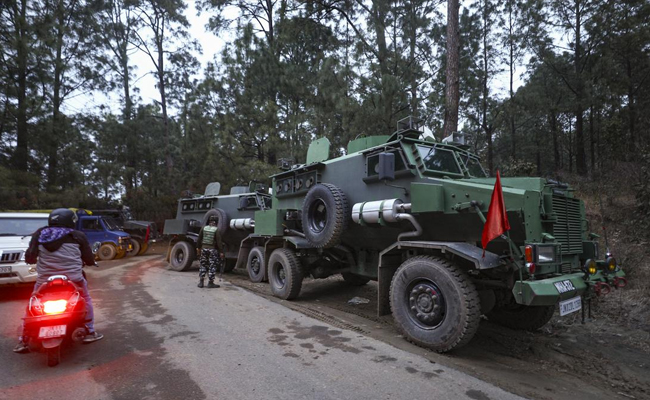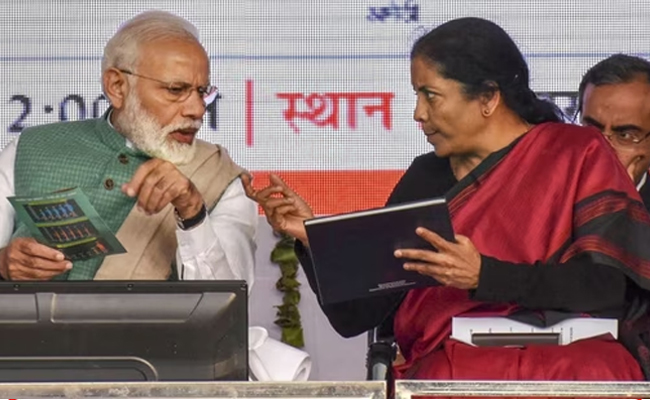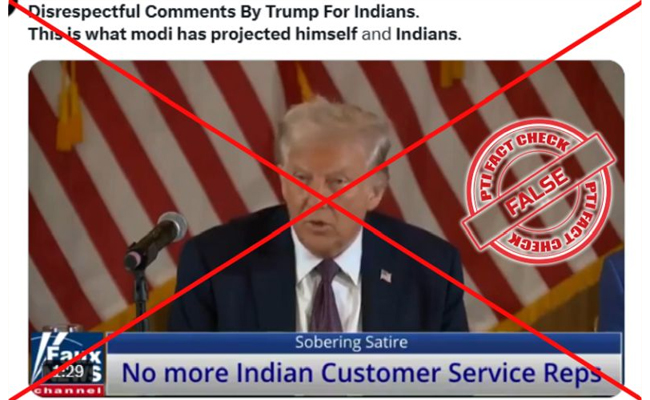Firozabad (UP)(PTI): In a fresh jolt to the BJP, Dr Mukesh Verma, MLA from Shikohabad Assembly constituency here, on Thursday resigned from the primary membership of the party alleging 'lack of respect' by the government towards backward classes and Dalits.
Verma is the seventh legislator, including two ministers, to have resigned from the BJP over the last three days.
Since the voices of the backward classes, Dalits, unemployed youth, traders of medium and small scale industries and shopkeepers among others are being ignored, I am resigning from the primary membership of the party, Verma stated in a letter to BJP state president Swatantra Dev Singh.
He said he will continue the 'fight for justice' under Other Backward Classes (OBC) leader Swami Prasad Maurya.
Maurya, after resigning from the Yogi Adityanath-led cabinet on Tuesday, had alleged "gross neglect" by the BJP towards Dalits, backward classes, farmers, unemployed youth and small traders.
Verma, also an OBC leader, also sent a copy of the letter to the party's national president JP Nadda. There are speculations that he will join the Samajwadi Party (SP).
In the recent past, Verma had met SP leaders amid rumours that the BJP would not field him in the upcoming polls.
Avtar Singh Bhadana, Brijesh Kumar Prajapati, Roshan Lal Varma, Bhagwati Sagar and Vinay Shakya are the five other leaders that quit the BJP in the last 36 hours.
Verma could not be contacted over phone.
Let the Truth be known. If you read VB and like VB, please be a VB Supporter and Help us deliver the Truth to one and all.
Rawalpindi (PTI): The Champions Trophy match between hosts Pakistan and Bangladesh here on Thursday was called off without a ball being bowled due to incessant rain.
Hosting an ICC tournament for the first time in 29 years, Pakistan thus ended their disastrous campaign without registering a single victory.
Bangladesh, too, concluded their journey without a win and will go back home with plenty to introspect.
One point will be shared by both teams.
Pakistan has attracted criticism for their forgettable outing in the tournament, which included a six-wicket defeat at the hands of traditional rivals India in Dubai.
This is the second time a match has been called off without a ball being bowled in Rawalpindi, the first being the washout between South Africa and Australia earlier this week.

